#HISTORY OF INDIA/BHARAT
Explore tagged Tumblr posts
Text
Sri Ramchanda’s exile path-Ramayan
Shriram ji’s exile path described in Ramayana…. Tamsa river – Tamsa river is 20 km away from Ayodhya. Here they crossed the river by boat. Shringverpur pilgrimage – 20-22 km away from Prayagraj they reached Sringverpur, which was the state of Nishadraj Guh. Right here on the banks of Ganga, they asked Kewat to cross the Ganga. Shringverpur is currently called Singarore. Kurai Village – Shriram…
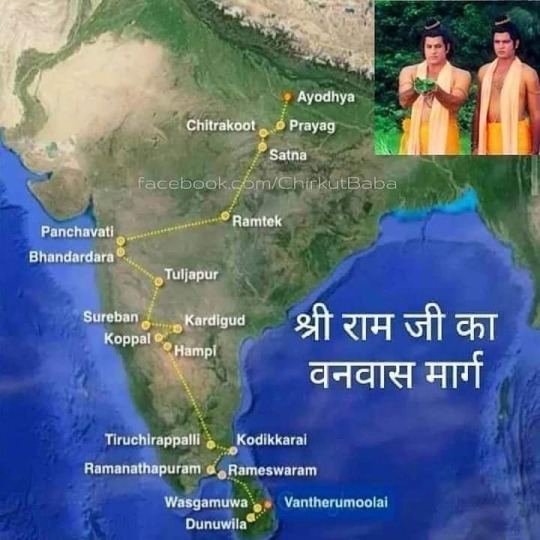
View On WordPress
#ANCIENT INDIA#HINDUISM#HINDUISM SCRIPTURES#HISTORY OF INDIA/BHARAT#rajput#RAM#RAMAYAN#Sri Ramchanda exile path
4 notes
·
View notes
Text

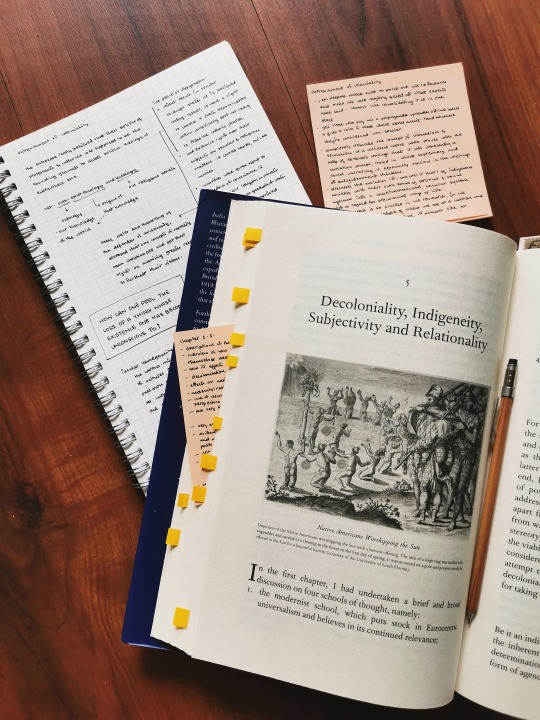


"after all, how can one feel the loss of a thing whose existence one has become unconscious to?"
a wonderful collection of essential and constant truth bombs.
#india that is bharat#j. sai deepak#indian literature#indian history#non fiction#decolonisation#indigineous people#indigenous faith#coloniality and nature#indian academia#booklr#studyblr#notes#long reads#coffee#dark academia#light academia#desiblr#study blog#book photography#vsco
1K notes
·
View notes
Text
We made it to the moon for cheaper than NASA or Russia, or any colonial power ever has! (very positive)
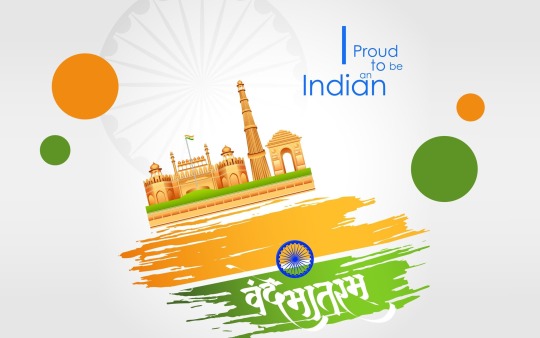
Take that Great Britain and screw you all colonizers and imperialism (extremely derogatory).
#meera.txt#India#chandrayaan3#history#bharat#proud to be indian#chandrayaanlaunch#brown history#current events#nasa#space travel#desiblr#being desi#desi tumblr#desi tag#this day in history#on this day in history#on this date#on this day#space program#the moon#moon landing#outer space#chandrayaan 3#chandrayaan -3#desi lgbt#desi queer#moon#happening now#colonialism mention cw
820 notes
·
View notes
Text
About Vedic Scriptures
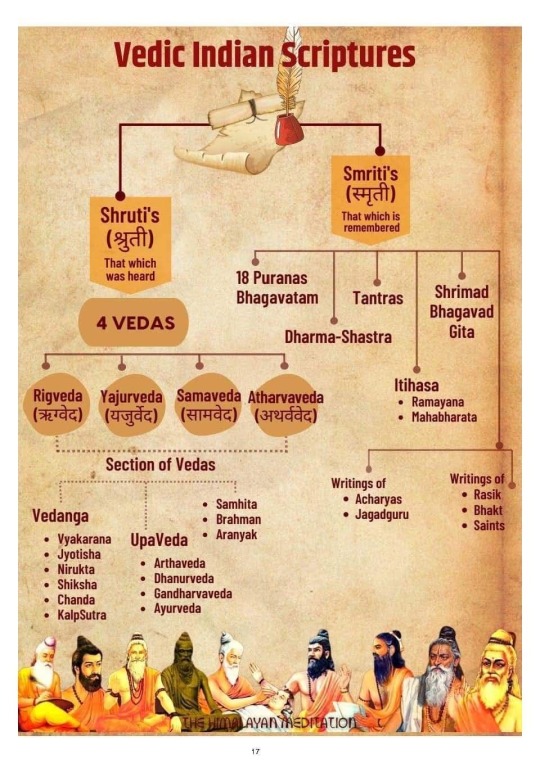
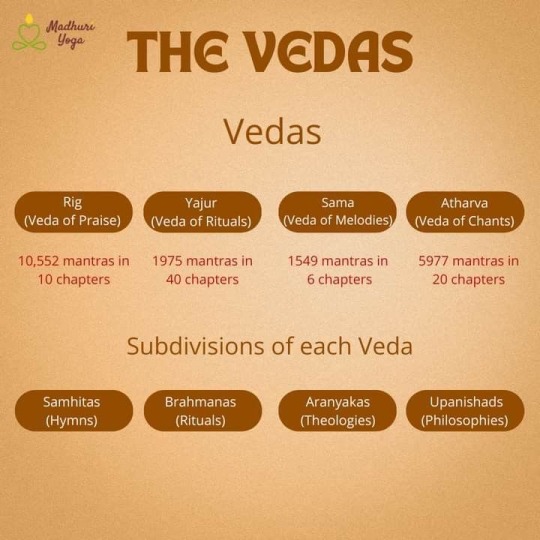
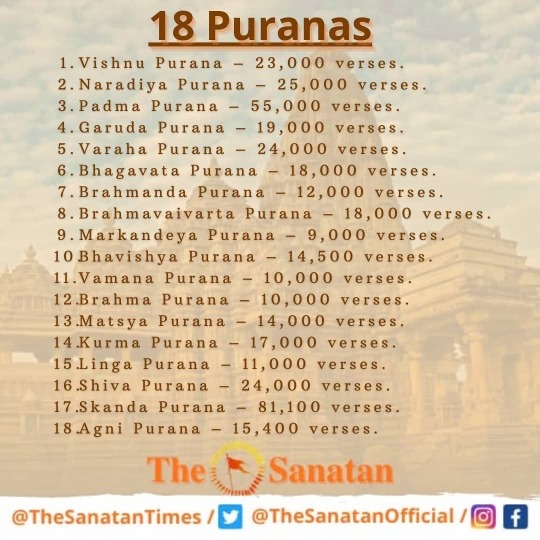
#vedic literature#hinduism#hindublr#sanatan dharma#ancient india#vedic culture#mantra#bharat#ancient indian history#puranas#sanskrit#languages#krishna#dharma#karma#hindu culture
315 notes
·
View notes
Text
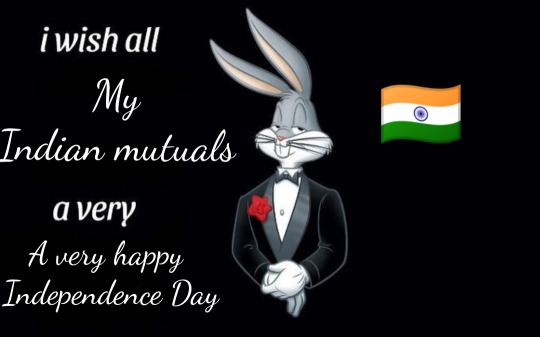
76 YEARS AND WE'RE STILL GOING!!!!!
#independence day#Like listen I have my problems w this country#But I can also acknowledge that we've gotten so far#So this independence day! I implore you to look into our history!#Find out abt kala pani and how horrific it was#Look beyond “we got independence because of gandhi and Nehru”#It wasn't a bloodless victory#It was almost two centuries of constant struggle#And that deserves far more acknowledgment than it's given#We've fought for so long and we'll continue to fight#India#Bharat mata ki jai<3#sara. exe#I love my country and want it to be better#And better starts w us
242 notes
·
View notes
Text

Mahishasura Mardini Panel from Rani ki Vav step well/temple, Patan(Gujarat)
Dated: ~11th century CE
#esther shrieks*#hindublr#hinduism#women in sculptures#sculptures#art#bharat#indian history#durga puja#Durga ma#hindu temples#india#desiblr#mahishasurmardini
74 notes
·
View notes
Text
Hindustan, India, where do the names come from, why? Why does the world use them?
Well, let's look first at other countries like Japan (Nippon) - Land of the Rising Sun or where the Sun Rises. This is what Japan's always called itself.
Others, over time, language, translation led to, and made stick, Japan. It's like how Germany is actually Deutschland to themselves, technically. This is what's known as an Exonym, or name given/used by other people/country outside the one being referenced. This is led to creation of myths, stories, fairy tales, and more about cultures as well. Back to India.
Well, the original people behind the connection to the name are best known as the Indus Valley people/civilization.
But that's not what they were called amongst themselves. No. In fact, these people who originated and farmed the Sindh valley/Sindh river, were first given their eventual "Indus related" name but the Persians.
When the Persians first started interacting and trading with the people we know as Indus Valley, they referred to them as the people of the Sindh river or valley, however, in their native tongue, the S became an H.
So the Hindh valley, Hindh people. Eventually the greeks and romans would show up, and call them the Indos, or Indus people for the river (as translated into their tongues...remind me again how many river based names there are again in the world, even for.....just river itself) go figure. Because people usually fucking set up near rich fresh water sources cuz... we need it to live. That's why people set up along the Nile too. And...well, everywhere. Water kinda important.
The Indus valley people were not Hindu as we know it today. In fact, at one point, they practiced a religion older than the vedic, we just don't know what that is do to proto indo european influences and the impact they had in forming the vedic era pre Hindu.
Continuing. Now we reach the eventual evolution of Hindhu through the word and alteration of Sindh/Sindhu people - of that river/past it.
Stan. Well, in Sanskrit there is sthāna - or place. And in Persia, there is stan (a suffix you see in many Islamic countries as well given the evolution of the language), and the similarity in sanskrit and ancient persian is likely because of PIE influences in both of them so, outside countries started using interchangeably (and of course eventually so do the people within an empire when you're trading and referring to yourself and building alliances, agreements or going to war) you adopt those terms: Hindustan, or India. But Hindustan was never meant to be the land of the Hindu (in terms of religion) because it was a given name by the river, and we're talking about the vedic religion.
Now, I left one name out of here, because it is specifically NOT an exonym. It's the name India historically identifies with from within its own epics, including the most well known, Mahabharata (romanized/english) said closer to (god it's hard typing these sounds in freaking english): Mah-bharat.
Bharat is the key there. So, what's it mean?
Well, it's important to note the word first comes from Bhāratavarṣa - which comes from the Vedic people Bharatas - who are first mentioned in the Rig Veda.
They are the principle people who come from Aryavarta - land of the Aryans, which is why the word is still word in Indic languages, and even a used name. Like, it's a used name for real. You'll meet guys called Aryan.
Anyways, continuing. So, the oldest known name for Indian proper, and you might if you pay attention to Indian news see this making a comeback, is Bharat.
To many from the outside, it's come off heated, people are unsure why, and so on for the name change. But honestly? It's just what India was once called. It's no different than when Mumbai replaced in name Bombay. That name, Bombay was given by the Portuguese. Later (I can't recal the year, someone comment it) the Indian government decided to change the name and reclaim it to Mumbai. But someone asked me about this recently like why all the Bharat stuff and talk online in places.
For anyone who's seen it and wondered, I hope this helps.
It's a history of language, names, and other people sometimes making names stick and translation and evolution of words and culture and empires.
Closing with how did India come to stick? Latin. Then everyone who inherited the legacy, evolution of the language, and the love - all the romance languages that built on it. Eventually, by the 16th or was it 17th century, most of the world started calling it India when they
traded, colonized more, w.e.
The Latin transliteration of Indos, Indica - India.
But the term was used sort of before.
Herodotus in his writings mentions the Indus people, and then calls on of them, "An Indian."
But, yeah, it was never a name for/from those the land themselves.
#Hindustan#India#Japan#Nippon#The Land of the Rising Sun#language#translation#Exonym#Indus Valley#Persians#Hindh Valley#Indos#Indus#Sindh#Sindhu#Bharat#Aryavarta#Older names#ancient names#How india got its name#history of language#history of names#names have meaning#what's in a name#evolution and culture#they didn't name themselves#this is what they were called#new facts#learn something new#did you know?
2 notes
·
View notes
Text





🇮🇳
India Makes History, Out of 195 countries, only India has successfully landed on the Moon's south pole Chandrayaan3.
Here are the images from the Lander Horizontal Velocity Camera taken during the descent.
The image captured by the Landing Imager Camera after the landing.
It shows a portion of Chandrayaan-3's landing site. Seen also is a leg and its accompanying shadow.
Chandrayaan-3 chose a relatively flat region on the lunar surface 🙂
Source: @isro
#chandrayaan3#chandrayaan3mission#chandrayaanlaunch#moon#bharat#southernpoleofmoon#space#India#history
26 notes
·
View notes
Text

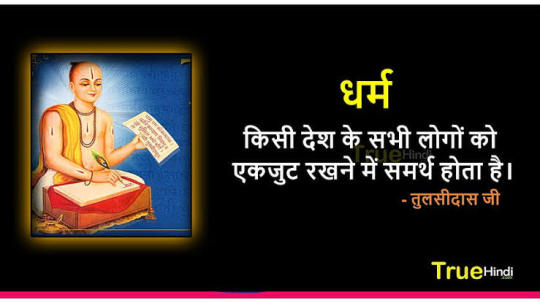
#akhand bharat bharath india 22 january 2024#Prabhu Rama Sri Rama Ayodhya Uttar Pradesh 2024 January 22nd will be in the history of our culture in the world 🌎 .
2 notes
·
View notes
Text
Upanishad in brief
What is Upanishad (1) Upanishad is the essence of Vedas. Abstract i.e. squeeze or brief. Upanishad is the basis of Indian spiritual contemplation, the source of Indian spiritual philosophy. God or not, soul or not, how is the universe etc all serious, philosophy, yoga, meditation, samadhi, salvation etc will be found in Upanishad. Every Hindu should read the Upanishad. Reading these gives true…
#ANCIENT INDIA#BHAGVAT PURAN#BHAGVATGITA#BHARAT#DECODING HINDUISM#GITA#hindu scriptures#HINDUISM#HINDUISM AND COSMOLOGY#HINDUISM SCRIPTURES#HISTORY OF INDIA#HISTORY OF INDIA/BHARAT#Lord Vishnu#RIGVED#sanatan dharma#SCIENCE AND VEDAS#SRIMAD-BHAGVAT PURAN#UPNISHAD#VEDAS#vedic cosmology#VEDIC MATHMATICS#Vedic science
0 notes
Text
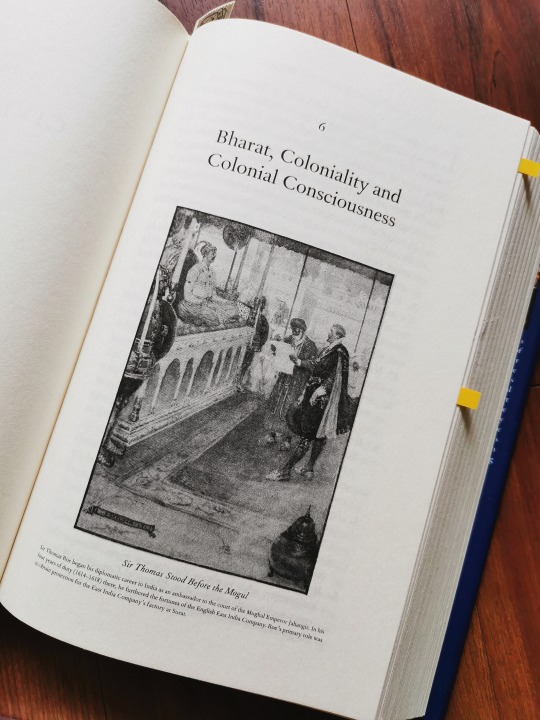
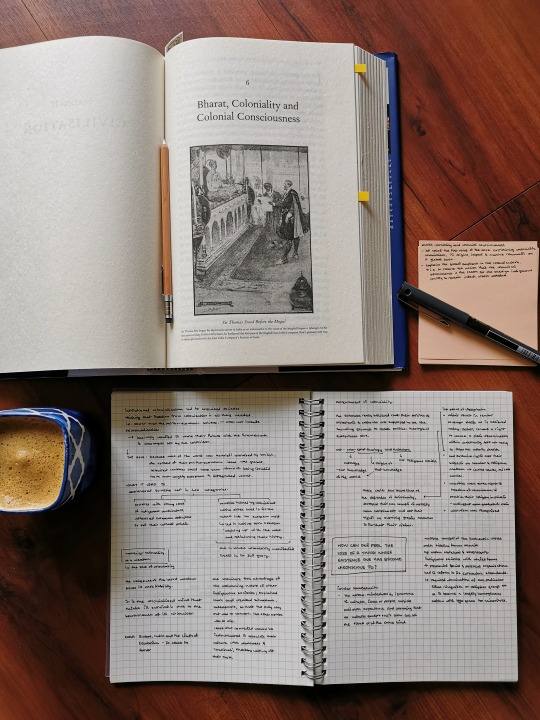
"as a consequence, most colonies embraced nationalism of the territorial kind, which altered their priorities significantly. the deprivation of a cultural or civilisational anchor to their ‘modern’ identities meant that their visions of the past, present and future were limited to merely preserving territorial integrity while constantly ceding space on civilisational integrity to coloniality"
on a ludicrous side note, the design of this book is absolutely gorgeous.
#india that is bharat#j. sai deepak#indian history#indian literature#non fiction#desiblr#dark academia#light academia#indian academia#desi academia#booklr#long reads#studyblr#study blog#studyspo
136 notes
·
View notes
Text
Horse Rockart in Pandavahara Gumpha, Khurda, Odisha
Horse Rockart in Pandavahara Gumpha, Khurda, Odisha is a powerful testament against the fake Aryan Invasion Theory. Its survival now hinges on combating rampant mining activities. #Archaeology
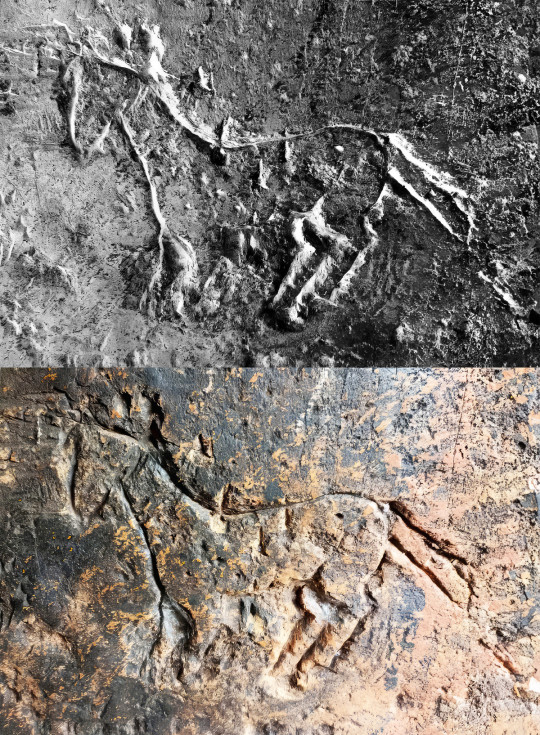
View On WordPress
#ait#AMT#archaeology#aryan invasion theory#bharat#fake AIT#History#horse#india#odisha#petroglyph#rockart
3 notes
·
View notes
Text
Maharani Durgavati
Durgavati was the daughter of King of Bundelkhand, married to Raja dalpad of Gondwana, in Madhaya Pradesh.
Soon, tragically Raja died and Queen Durgavati with her 5 year old toddler stepped up to the throne. She managed the whole kingdom exceptionally well, as recorded by Akbar’s historian. The kingdom did not suffer any major setback even after their king died.

Gondwana was a rich kingdom, with a beautiful queen which became the target of the Mughals. They didn't wanted to simply take the kingdom under their control, the commander Asaf Khan also “wanted to touch the beauty of Gondwana”.
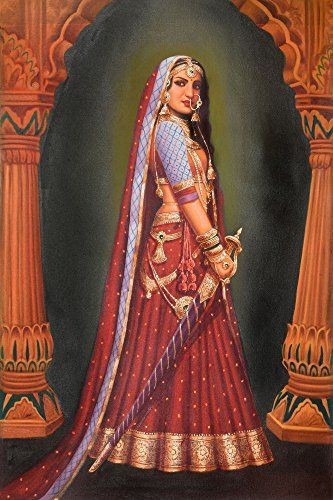
In 1564, Asaf Khan marched with 10,000 cavalries towards Gondwana, Rani Durgavati marched with 5,000 men to the battlefield.
She led the army well and killed about 500 enemies, she came out victorious by the end of the day, later she purposed to “surprise attack” the enemies or “Gorilla Attack” but none of the council members agreed to that.
By the next morning, Asaf Khan’s army was in a much better place and the fighting continued for 3 exhausting days. By that time only 200 of her men were left but the thought of giving up never once crossed her mind. Her bravery and courage never wavered.
During the battle, one arrow pierced her temple and another pierced her neck, causing her to lose consciousness. When she opened her eyes, the inevitable defeat was clear.
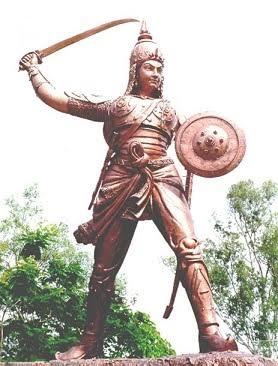
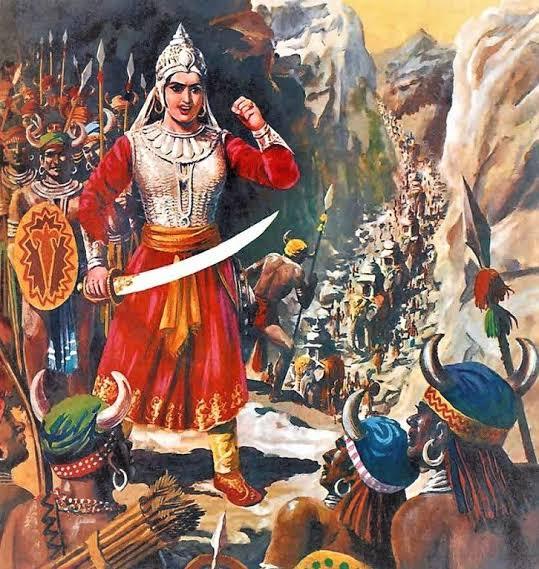
Instead of falling in the hands of men that had nothing but lust for her and would eventually throw her in Harem with other women, that previously were queens of conquered kingdoms that Mughals kept as sex slaves, she took our her dagger and killed herself to save her honor and prevent invaders from doing heinous things to her body, her martyrdom day (24 June 1564) is commemorated as “Balidan Diwas”.
The Mughal army then marched to the fort to loot it's treasure. They found staggering amount of gold pots full of gold, jewels, expensive stones etc.
When they opened a room, it was full of burnt bodies of women that commited Jauhar upon hearing the news of Rani’s defeat. These women committed Jauhar to save their honor and to prevent the Mughals from taking them as sex slaves, unfortunately 2 women were still alive, stuck behind a large wooden block that saved their lives. These two women were then taken to Akbar's court and predictably put into Harem.
#rani durgavati#india#mughal empire#gondwana#indian queen#indian history#madhaya pradesh#forgotten bharat#female warriors#women warriors#queens of india#hinduism#pseudo secularism#hindu kingdom#mughal invasion
43 notes
·
View notes
Text
Transformative Conversations at the Chambal River Front: UDH Minister Shanti Dhariwal and Architect Dr. Anoop Bartaria Discuss 'KOTA NAVNIRMAN SAMVAAD' with Bestselling Author Chetan Bhagat
Kota, Rajasthan, [Oct 05, 2023] - A picturesque setting along the Chambal River Front provided the backdrop for a captivating exchange of ideas as UDH (Urban Development and Housing) Minister Shanti Dhariwal and renowned Architect Dr. Anoop Bartaria engaged in a stimulating conversation with acclaimed author Shri Chetan Bhagat Ji. The occasion was none other than 'KOTA NAVNIRMAN SAMVAAD,' a platform for transformative discussions and visionary perspectives.

The serene Chambal River Front, with its tranquil waters and lush surroundings, offered the perfect ambiance for this inspiring dialogue. As the sun dipped below the horizon, casting a warm glow over the river, the stage was set for an evening of profound insights and creative musings.
Dr. Anoop Bartaria, the brilliant mind behind the magnificent Chambal River Front project, took the opportunity to guide Shri Chetan Bhagat Ji on a tour of the entire riverfront. The architectural marvel has already garnered immense attention for its blend of modern design with natural beauty, transforming the riverfront into a cultural and recreational hub for Kota residents.
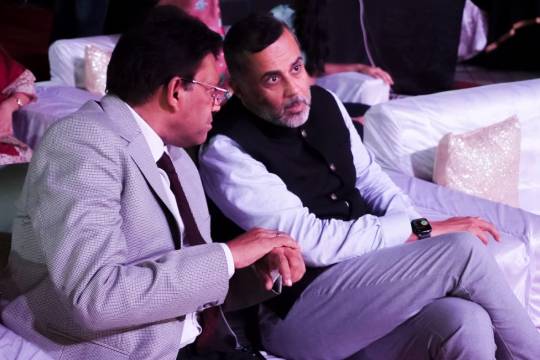
During the tour, Dr. Bartaria shared his vision of creating an inclusive space where nature and architecture harmoniously coexist. Shri Chetan Bhagat Ji was visibly impressed by the meticulous planning and sustainable features of the riverfront, which seamlessly integrates green spaces, recreational facilities, and cultural zones.
The heart of the evening, however, was the insightful conversation that unfolded among the three distinguished personalities. Minister Shanti Dhariwal, with his vast experience in urban development, discussed the importance of such transformative projects in enhancing the quality of life for citizens. He emphasised the need for sustainable urban planning and inclusive growth to meet the challenges of the future.

Architect Dr. Anoop Bartaria shared his journey and creative process in conceptualising and executing the Chambal River Front project. He explained how the project aimed to rejuvenate the cityscape while preserving the natural beauty of the Chambal River.
Shri Chetan Bhagat Ji, known for his thought-provoking novels and social commentary, contributed to the conversation by highlighting the role of cultural spaces like the Chambal River Front in fostering creativity and community engagement. He praised the collaborative effort to create a space that not only celebrates architecture but also serves as a vibrant cultural hub.
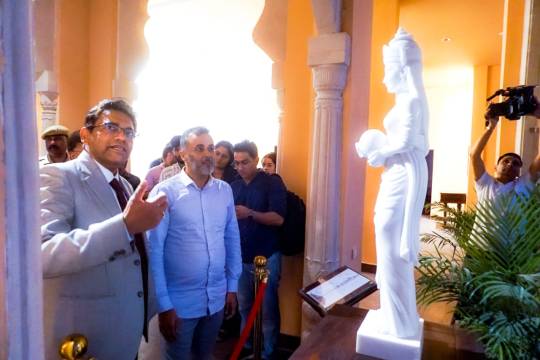
'KOTA NAVNIRMAN SAMVAAD' is a testament to the power of dialogue, innovation, and collaboration in shaping the future of urban spaces. As the conversation concluded against the backdrop of the Chambal River Front, it was clear that this evening had been a transformative experience, one that would resonate with both the local community and the nation as a whole.
In a world where sustainable development and creative spaces are becoming increasingly important, the Chambal River Front and the insightful conversations it hosts stand as shining examples of a brighter, more inclusive future.
For more information and updates on 'KOTA NAVNIRMAN SAMVAAD,' please visit https://bit.ly/KOTA-NAVNIRMAN-SAMVAAD
#Chambal River Front#KOTA NAVNIRMAN SAMVAAD#Chetan Bhagat#Anoop Bartaria#Shanti Dhariwal#rajasthan#architecture#history#museums#india#city#urban#bharat#Chambal Mata#Glass House#travel destinations#tourism
3 notes
·
View notes
Text
(x)
#kashmir#india#bharat#indian history#adi shankaracharya#hindublr#desiblr#kashmir is hindu#free kashmir#hindutva
45 notes
·
View notes
Text
❝...Over these many decades since the Partition, the conventional understanding has calcified that Hindustan is either a simple Hindi word for "India", an articulation of Hindu chauvinism, or, more rarely, something associated with the bygone era of the Mughal (Timurid) polity - itself understood by the Hindu Indian as a demonstration of the imperial violence of foreigners.
The erasure of the precolonial idea of Hindustan has meant that it is taken as a truism that there was no coherent concept of peninsular India before British domination. What is nominally understood by this is that the British were the first to control or claim the entire territory of the southern peninsula.
In this line of telling, the subcontinent before British colonisation was an age of "regional kingdoms" with no coherent notion of territoriality nor the political control over the entire peninsula.
The only noted exceptions are of Ashoka, from the third century BCE, whose realm included Kabul, or the Mughal king Aurangzeb, who extended Mughal rule in and beyond Deccan in the late seventeenth century (CE).
Such conventional wisdom, these historiographic truths, are mistaken. Certainly, the Mughals did not create the concept of Hindustan. There already existed an idea that Hindustan was a place of territorial integrity that encompassed the entire subcontinent...❞
Source: The Loss of Hindustan | The Invention of India by Manan Ahmed Asif, Pages 2-3
Pictured below is the map of Hindustan (or then British India) in 1859 CE - two years after the failed Hindustani revolt led by the last Timurid-Mughal Sultan Bahadur Shah Zafar II - by 19th century American cartologist Joseph Hutchins Colton.
.
Ammār ibn Aziz Ahmed
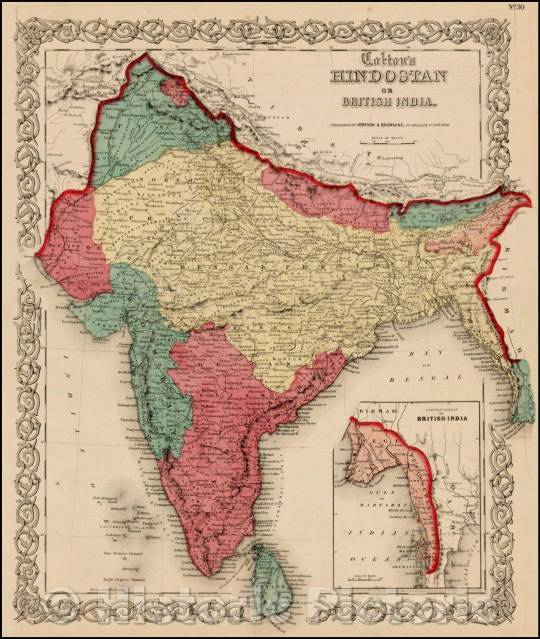
#islam#muslim#history#islamic history#history blog#books & libraries#indian subcontinent#india#bharat#hindustan#mughal#aurangzeb
3 notes
·
View notes